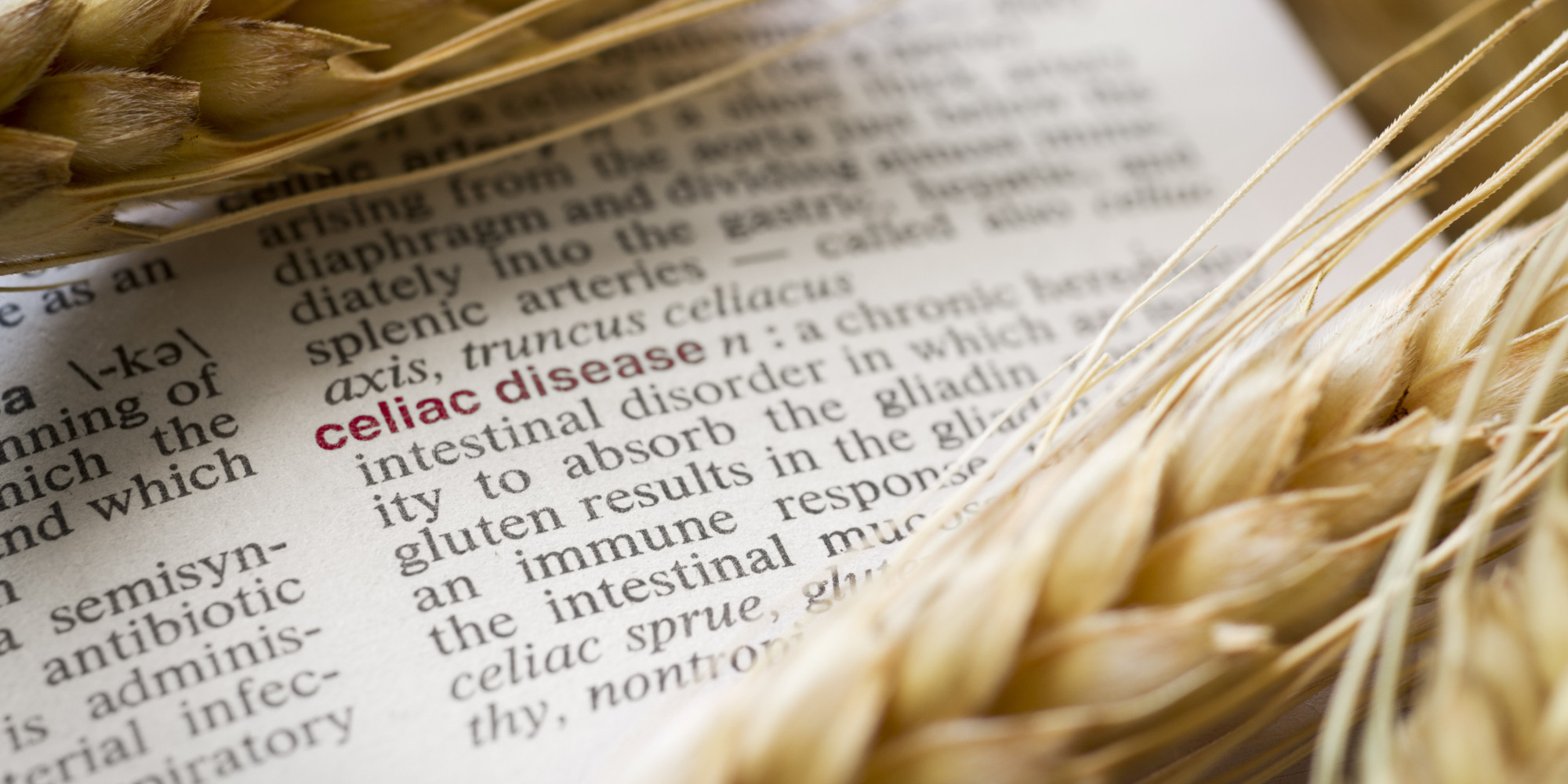Understanding Celiac Disease
/Celiac disease is a condition of the digestive system. It is a digestive disorder that occurs as a result of eating gluten. Gluten is a protein that is found in foods such as wheat, rye, and barley. People with celiac disease have a negative reaction to eating gluten in which case their immune system becomes inflamed and damaged. Eating gluten causes an immune response in your small intestine. The small intestine becomes inflamed and is unable to process certain nutrients. Over time, this can cause problems such as bloating, diarrhea, weight loss, and even more severe issues involving the liver, nervous system and bones.
The signs and symptoms of celiac disease can vary depending on the severity of the condition. The most common signs and symptoms include diarrhea and weight loss. However, some people with celiac disease may not experience any digestive signs or symptoms at all. Besides diarrhea and weight loss, other signs and symptoms of celiac disease include anemia (as a result of iron deficiency), loss of bone density (osteoporosis) or softening of bone (osteomalacia), itchy, blistery skin rash (dermatitis herpetiformis), damage to dental enamel, headaches and fatigue, nervous system injury, including numbness and tingling in the feet and hands, and possible problems with balance, joint pain, reduced functioning of the spleen (hyposplenism), acid reflux and heartburn.
While anyone can get celiac disease, it is most common among people who have a family history of the condition. Other risk factors include having Type 1 diabetes, Down syndrome, Turner syndrome, autoimmune thyroid disease, Sjogren's syndrome, and lymphocytic or collagenous colitis.
There tests and procedures that are used to diagnose celiac disease include blood tests to check for elevated levels of antibodies that indicate an immune reaction to gluten, an endoscopy to look at your small intestine and possibly do a biopsy, or a capsule endoscopy to get an even better picture of your small intestine.
Treating and managing celiac disease includes eating a gluten-free diet. A gluten-free diet consists of avoiding foods such as wheat, barley, bulgur, durum, farina, graham flour, malt, rye, semolina, spelt, and triticale. After eating a gluten-free diet for a few weeks, the inflammation in your small intestine should go down and you should feel better. Your doctor may also recommend certain vitamins or mineral supplements such as calcium, folate, iron, vitamin B-12, vitamin D, vitamin K, and zinc.

